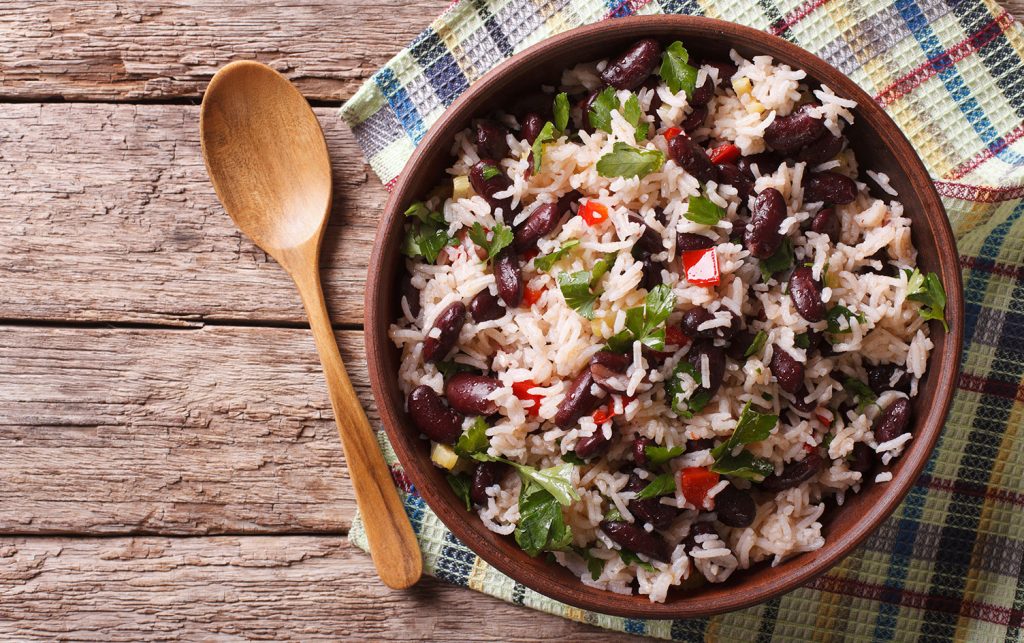
We know about good fats and bad fats; good carbs and bad carbs. But what about the quality of protein you’re consuming?
Not all protein is created equal. Proteins are made of building blocks known as amino acids, nine of which are essential — meaning our bodies can’t produce them on their own and we must get them from the food we eat. It’s these essential amino acids that differentiate complete proteins from incomplete proteins.
DEFINING COMPLETE AND INCOMPLETE PROTEIN
A complete protein is a food that contains all nine of the essential amino acids in high enough amounts for our bodily functions. Typically, complete proteins are animal-based foods, such as meats, poultry, fish, milk, eggs and cheese. The only plant-based source of complete protein is soybeans. An incomplete protein is a food that is low in one or more of the nine essential amino acids. They include grains, fruits, vegetables, nuts and seeds.
READ MORE > 5 PLANT-BASED PROTEIN POWDERS WORTH ADDING TO YOUR NEXT SMOOTHIE
ANIMAL-BASED VERSUS PLANT-BASED PROTEINS
Most complete proteins are animal-based, but you don’t need to be a carnivore to get all nine essential amino acids. If you’re vegetarian or vegan, it’s important to eat a variety of plants, and to pair plant-based protein sources to get the right balance of amino acids.
By combining two or more incomplete protein foods you can get all the essential amino acids your body needs. For example, combine grains low in lysine and high in methionine with legumes like beans, peas and peanuts, which are low in methionine and high in lysine.
Here are some incomplete proteins that become complete protein sources when combined with each other:
- Rice and beans
- Peanut butter on whole-wheat bread
- Mac n cheese
- Rice and lentil curry
- Tofu and millet
- Bean and barley soup
- Wheat-soy bread
- Cornbread and black-eyed peas
- Hummus and pita bread
- Yogurt and nuts
DO YOU NEED COMPLETE PROTEINS?
The short answer is no. Eating a combination of incomplete proteins provides the essential amino acids your body needs. While you don’t have to eat the complementary protein foods at the same meal, try to eat a variety of complementary incomplete proteins throughout the day.
The post Why Complete Protein Matters appeared first on Under Armour.
(via MyFitnessPal Blog)






